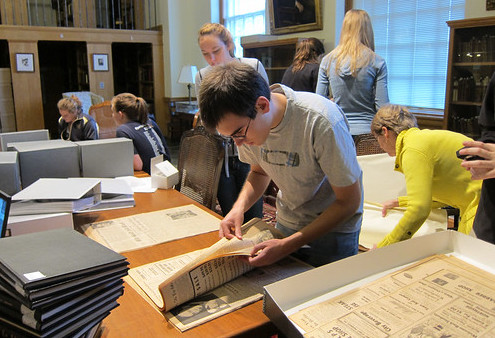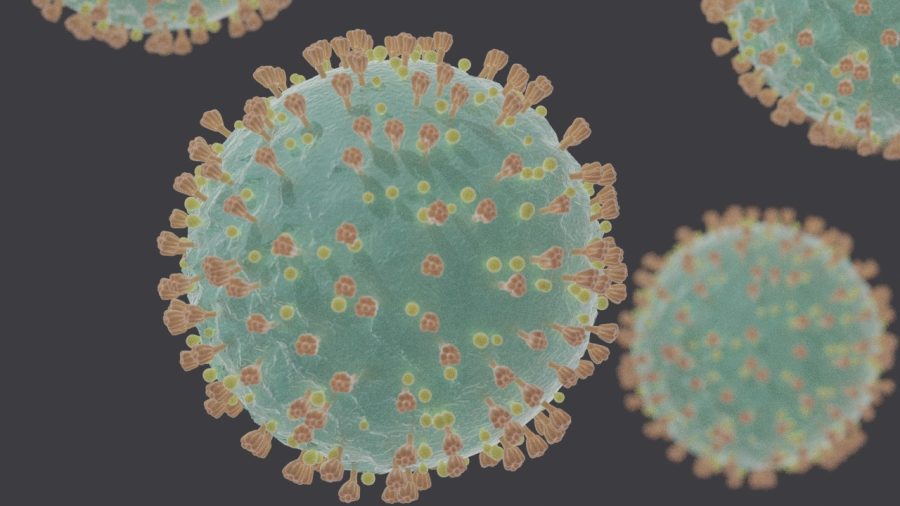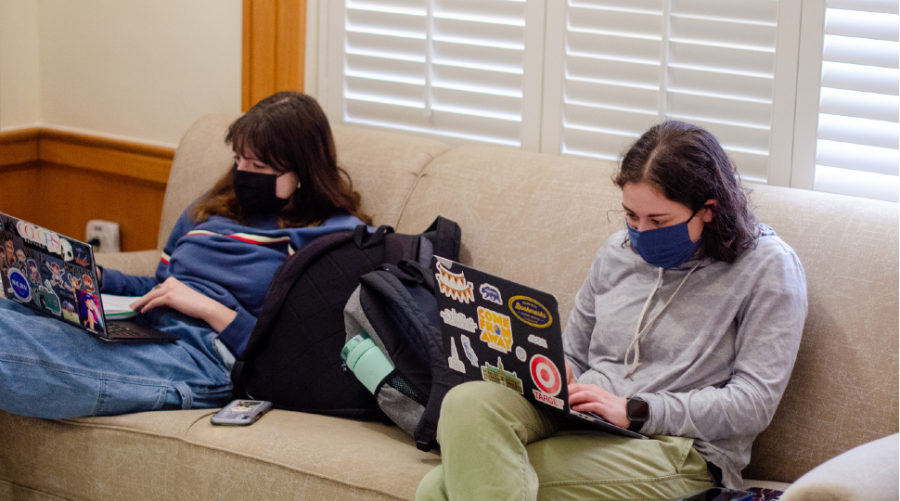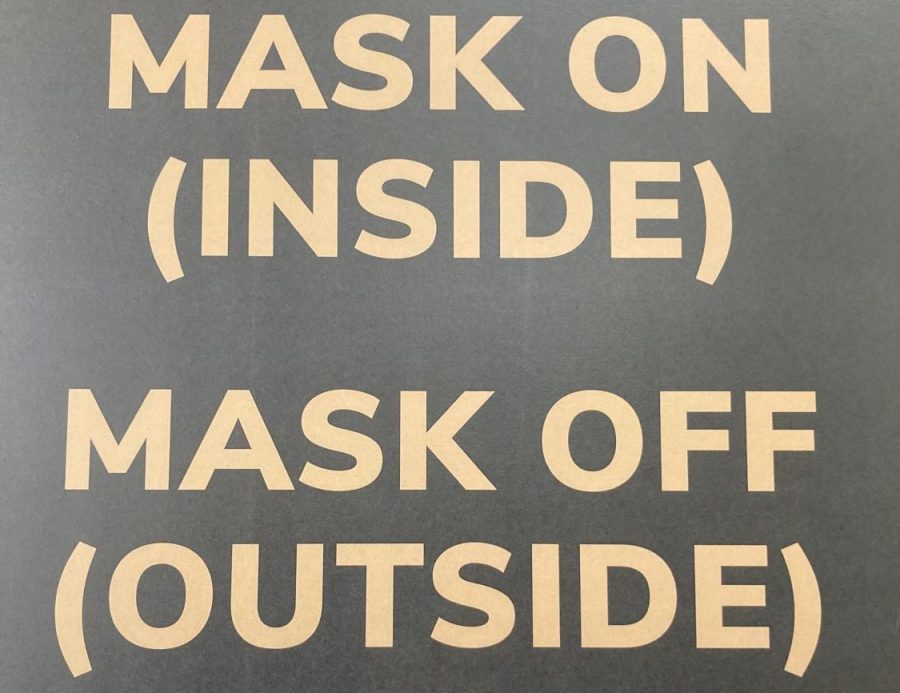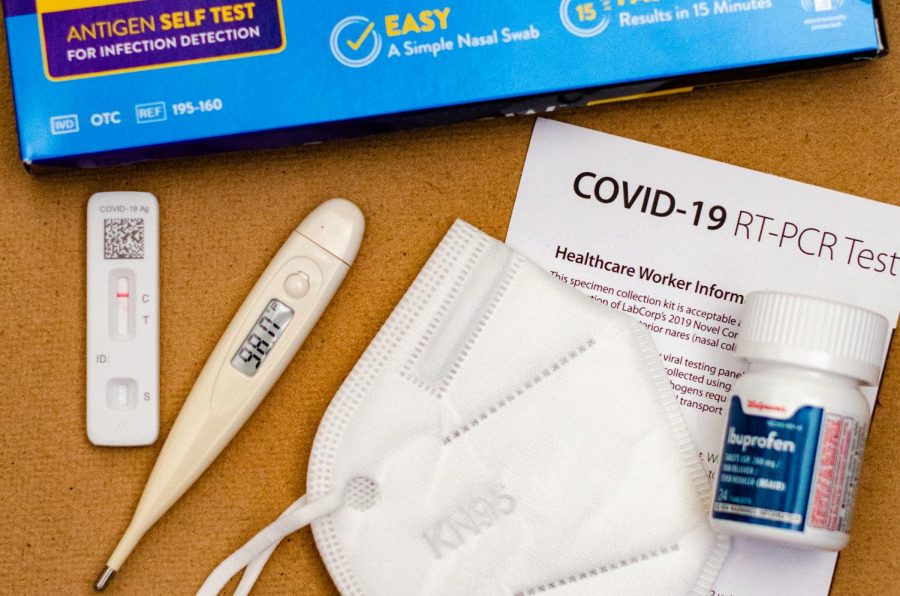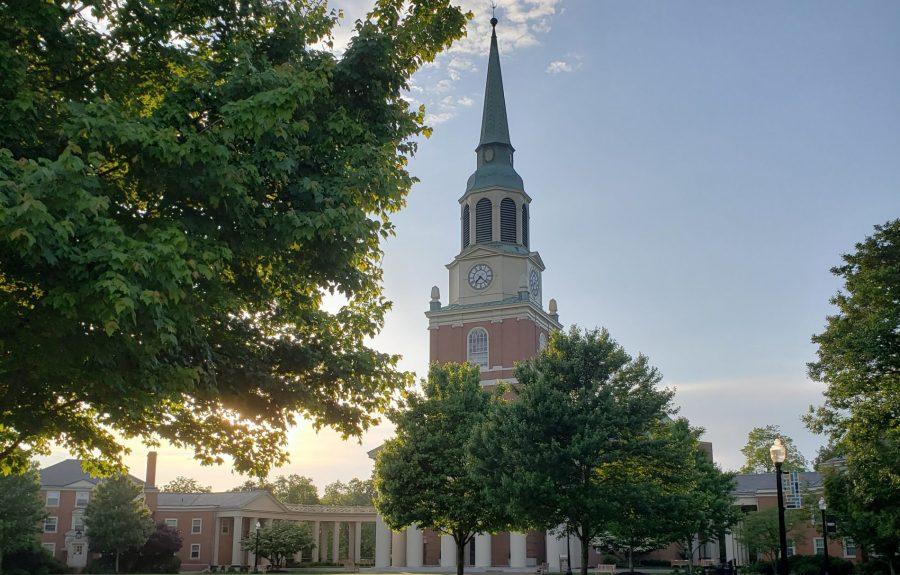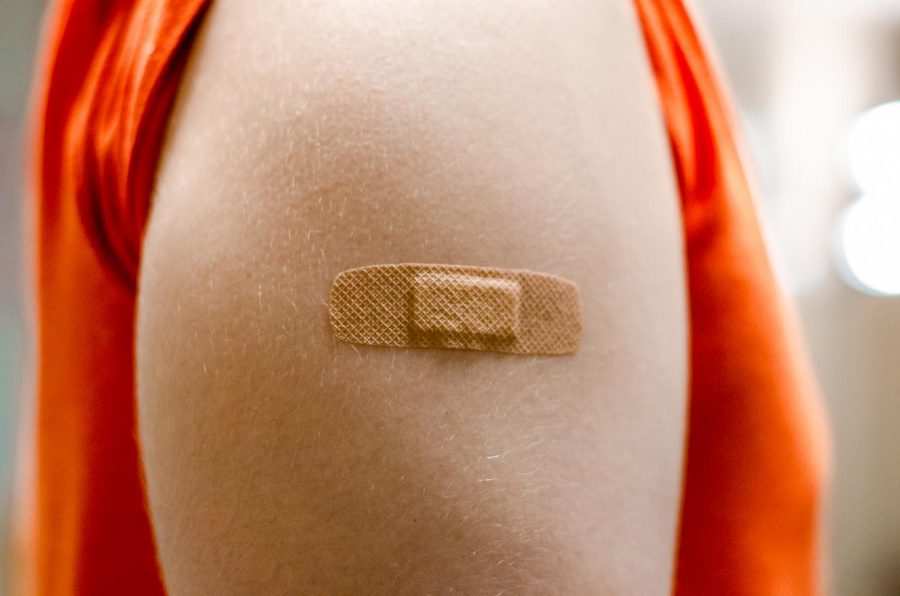As we go through our lives and experience each moment, we often do not think of ourselves as participating in history. With the on-going COVID-19 pandemic, this perception has changed as many realize that the isolation, lockdown, fear and boredom we are all experiencing is in its own way historical.
In an effort to capture the widespread emotions and experiences the university community is facing, the ZSR Special Collections & Archives (SCA) has embarked on a new project called “Deacon Experiences: COVID-19.” The goal of the project is to collect the various experiences of members of the university community during the coronavirus pandemic.
“This is a way and an effort to capture a really unique moment in time, that we hope won’t happen again, but one that we still really want to capture,” said Tanya Zanish-Belcher, a senior librarian and the director of SCA.
SCA is collecting artifacts, artwork, audio recordings, photographs, poetry and screenshots of social media posts that reflect any experiences of the pandemic.
“It can be silly, it can be a meme, it can be a social media post, it can be a recording — anything that captures what we’re all experiencing right now,” Zanish-Belcher said.
The archive currently consists of official documentation and announcements from the university, videos from President Nathan Hatch and Jonathan L. Walton, the dean of the School of Divinity and dean of Wait Chapel, as well as a book from university alumna Melissa Gratias called Captain Corona and the 19 Covid Warriors.
One recent contribution to the archive comes from freshman Declan Sander, who is developing a replica of the university campus with Minecraft.
Sander is integrating a Google Maps tool that provides measurements of the campus to create a proportional replica with blocks in the video game. So far, Sander has finished creating the Benson University Center, Reynolda Hall and Davis Residence Hall.
He began the project the week after spring break when classes were cancelled.
“[I began] at that point I heard that school had moved to online, which was pretty disheartening,” Sander said. “But out of boredom and nothing to do during that one week, I did it as a tribute to the place I love.”
According to Sander, he has been able to use this project as a way to decompress during these trying times.
“For me, building certain areas and getting certain memories of being there gives me a way to come to terms with my reality,” Sander said. “It is not taking my mind off of it, but it is a way to better understand how to deal with everything that’s going on.”
In addition to students, the archive has been opened up to the entire university community, including alumni, staff and faculty, because they are looking to document a cross-section of experiences. Zanish-Belcher explained that in capturing these moments, people can look back and remember more directly what it was like to live during an outbreak.
“This is the first event I can remember that really impacts everyone,” Zanish-Belcher said. “People often think the ‘past is the past,’ but it wasn’t always the past, it was once a moment.”
While in the moment, stress and boredom seem to have taken over ordinary life, the archive is capturing the creativity that comes about as a result of crisis.
“It felt like the most true, creative thing that I could put forth in the moment,” Sander said. “It says that this is what I did when the whole world was turned upside down. You can look back in 20 years and see this is what creativity looked like back then.”
In the present, people are looking for the lockdowns, the quarantine and the social distance to end as soon as possible. Yet, in years to come, the university community can look back at the archive and remember all the positive, negative and boring experiences everyone felt during this time. Soon, the outbreak will be history and “Deacon Experiences: COVID-19” will reflect the voice of Demon Deacons who were impacted by this crisis.



